How to stop paints muddying
When you’re painting with watercolour, one of the most disheartening things that can happen is if your paints, which appeared so bright and colourful on your palette, lose their vibrancy and end up looking muddy on your paper. If that’s happened to you, don’t be put off, because once you know how to stop paints muddying, it’s much easier to stay in control and achieve results you’re happy with.
Have you wondered how to stop paints muddying before?
Watercolour is hands down the most convenient and cost-effective medium to paint with and it gives you the best chance of success for developing your artistic skills.
Working wet-on-dry can help you to stay in control of watercolour, and reduces the chances of paints muddying. If you’re seeking realistic results in your work then sticking to these 4 rules that underpin my wet-on-dry method will help you to advance your watercolour paintings to new levels.
But if you enjoy working in a loose style (whether exclusively or because, like me, you feel the need to express your creative self through more than one style), you’re more likely to encounter situations when your paints will produce colours you didn’t intend.
Whichever approach you take, the 5 simple tips in this mini class with guest tutor Jennifer Rose will help you to make sure your paints stay vibrant:
How to stop paints muddying:
I hope this mini class has inspired you to get your paints out and create something bold and bright.
How to fix a painting that’s turned muddy:
If you do end up with muddy effects in a painting which you want to rectify, you may be able to lift the paint using the technique I show you in this mini class.
Just be aware that some paints stain the paper more than others, so lifting may not always be possible. If you take Jennifer’s advice to experiment with your paints on scrap paper, you’ll get to know how they interact and which paints lift more easily than others.
Practice these techniques:
If you haven’t yet tried Jennifer’s full length free class where she shows you step-by-step how to paint a watercolor bumblebee, you can find that here. It comes as part of the free taster selection with 3 other free classes, covering drawing and realistic watercolor painting too.
And if you want to put Jennifer’s tips into action on some more loose watercolor subjects and practice these techniques on how to stop paints muddying, try her free mini classes where she shows you how to paint a vibrant poppy flower and colourful tortoiseshell butterfly.
Share your experiences!
Have you struggled with muddy-looking paintings before? Did this mini class help you to troubleshoot what went wrong? Do you now have more confidence about how to stop paints muddying? Are there any subjects you’ve been avoiding painting because of their colours, and do you feel differently about trying them now? Please leave Jennifer and I a comment. We’d love to hear from you.
Happy painting,

Browse more blog posts
Share this post!
16 Comments
Leave a Comment
Share this post!
Subscribe to blog updates
Blog Updates
The information you provide here will be used only to deliver the email course, along with other relevant updates from me. You can unsubscribe anytime. Click here for our privacy policy.

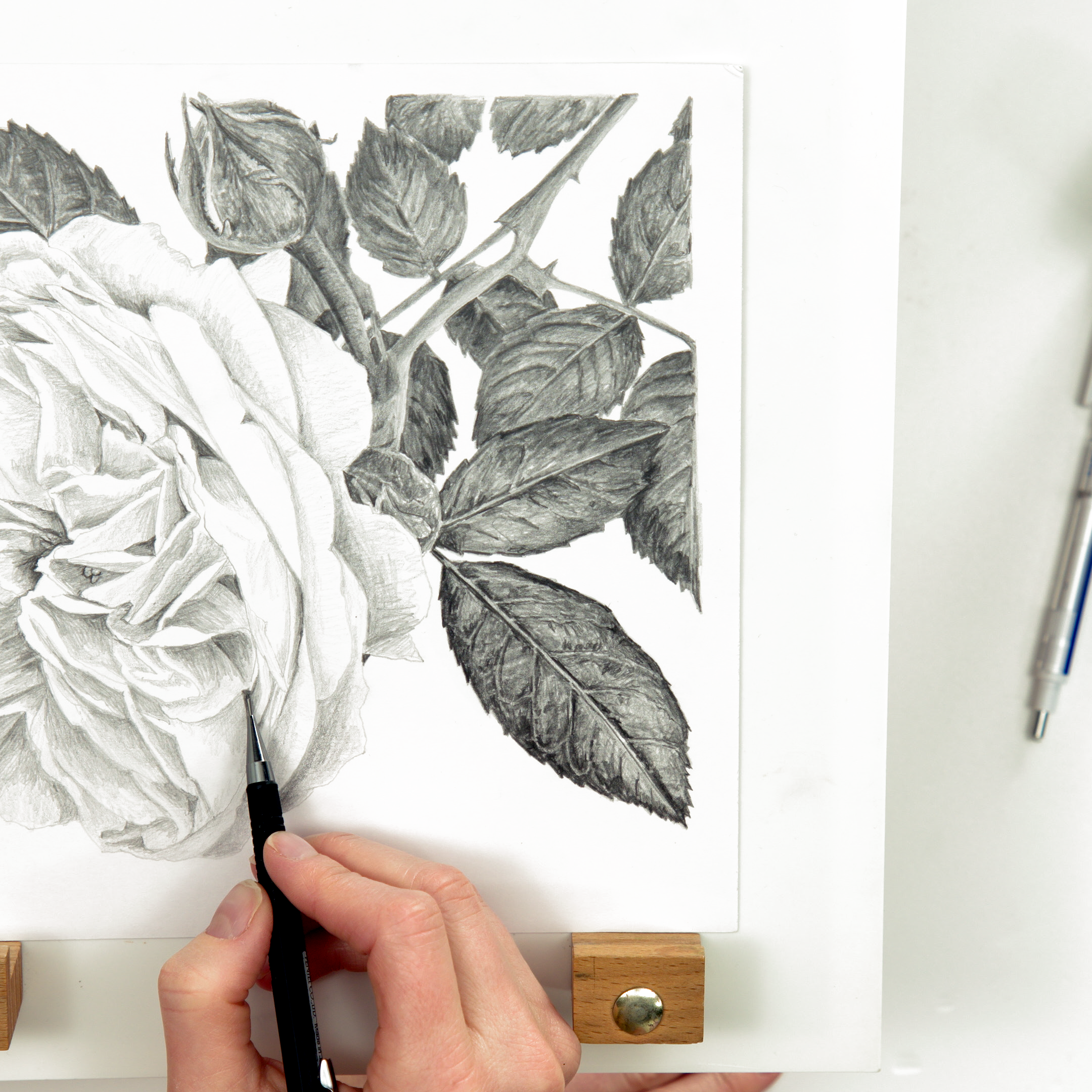
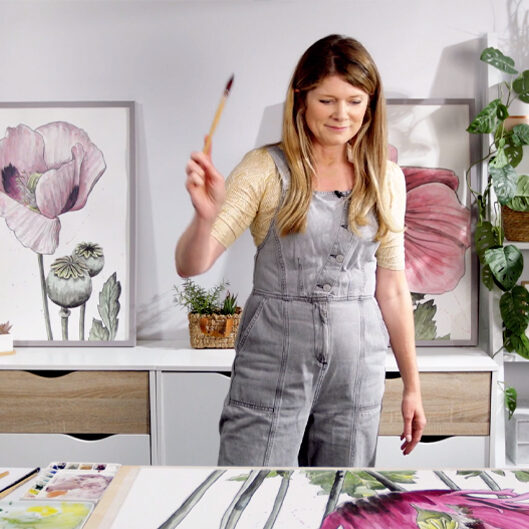
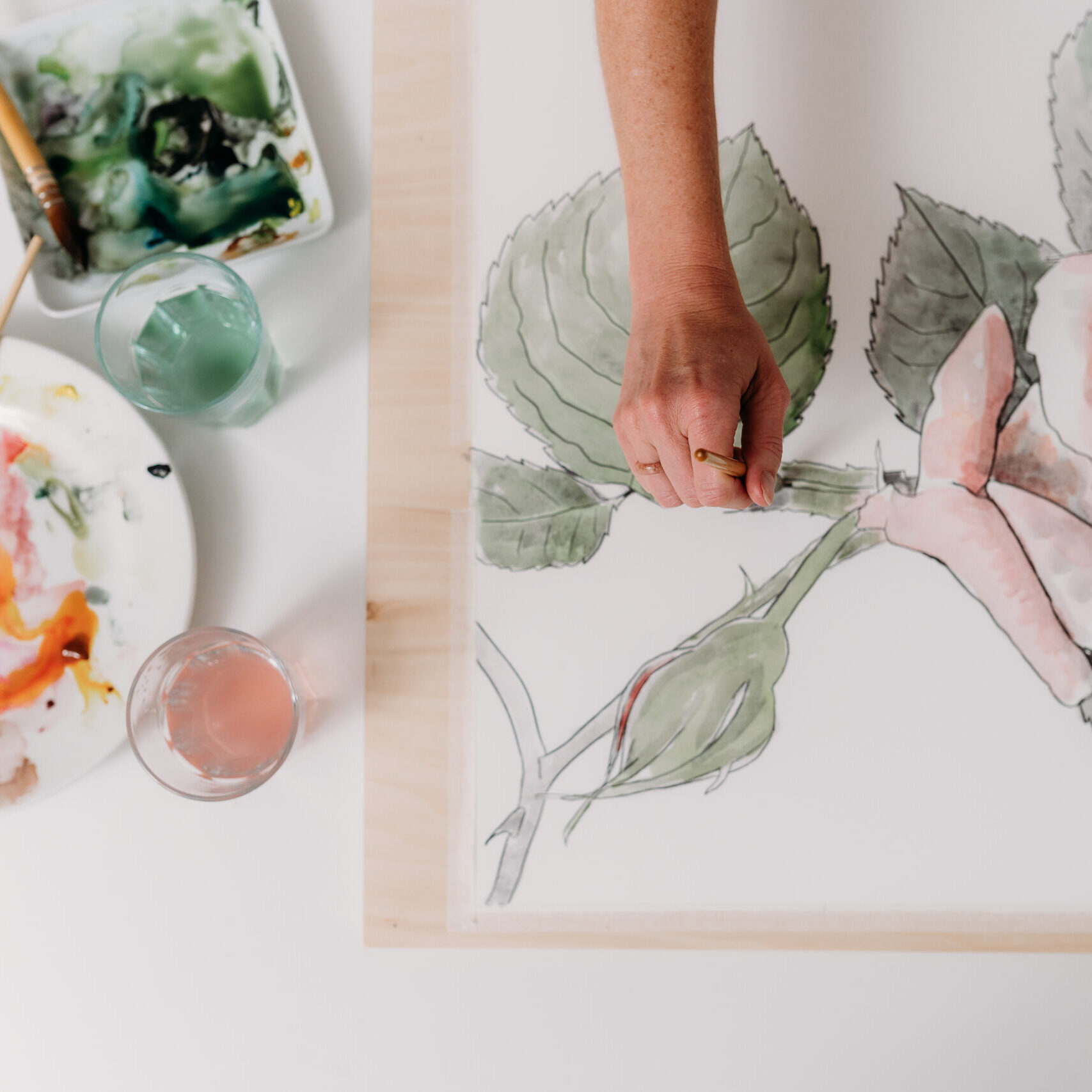
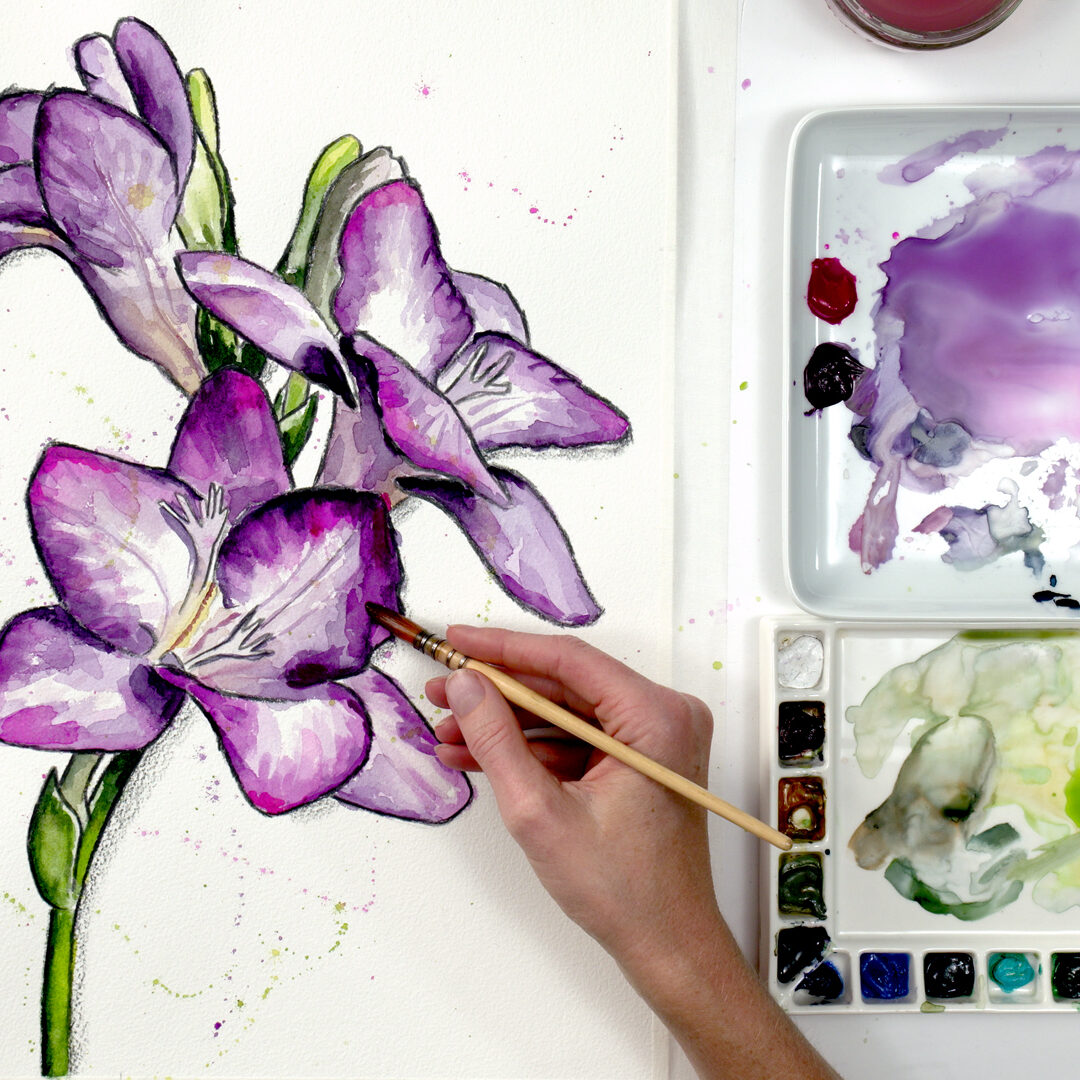
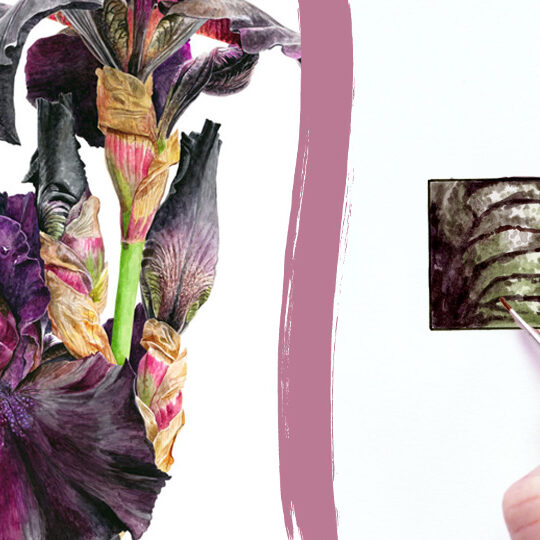
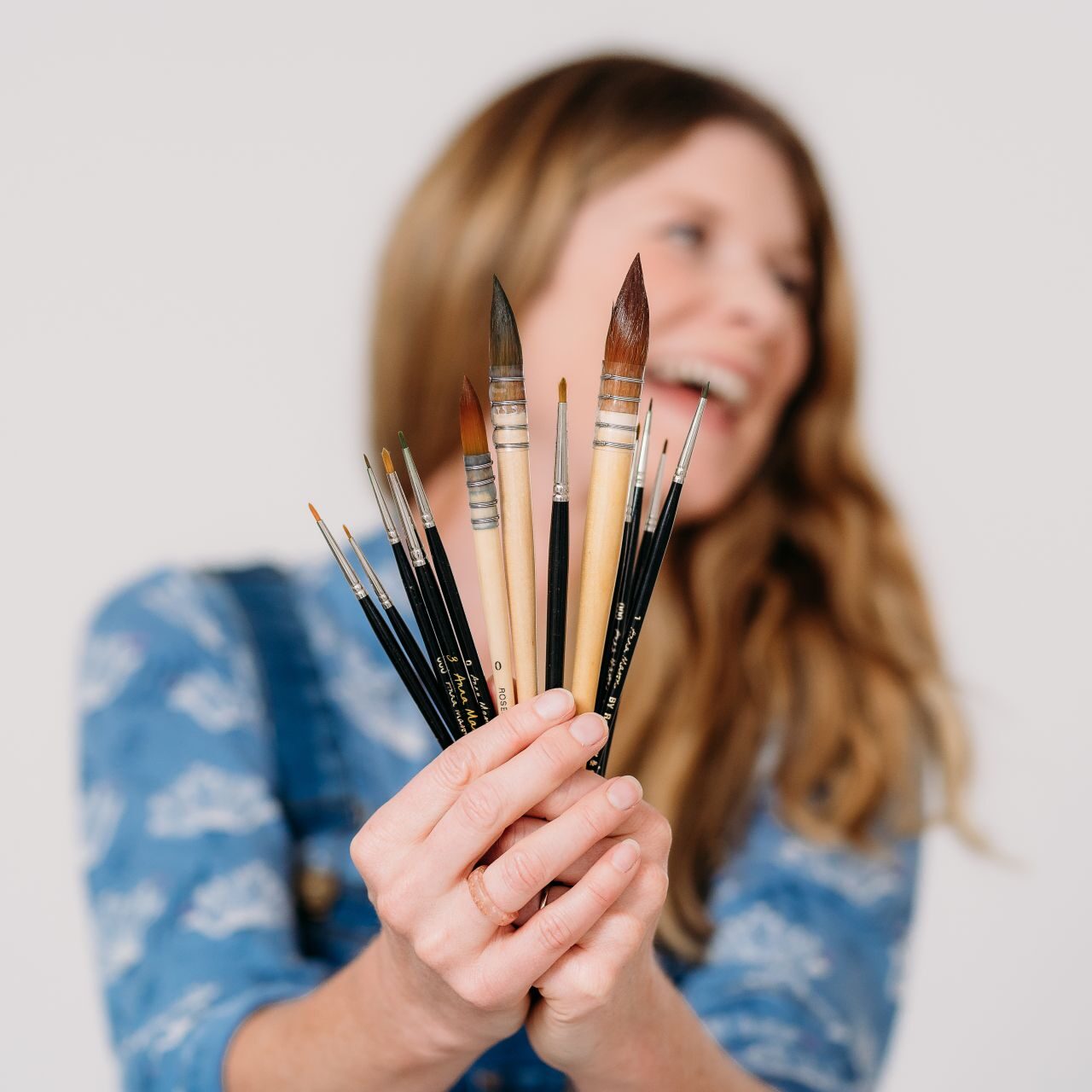
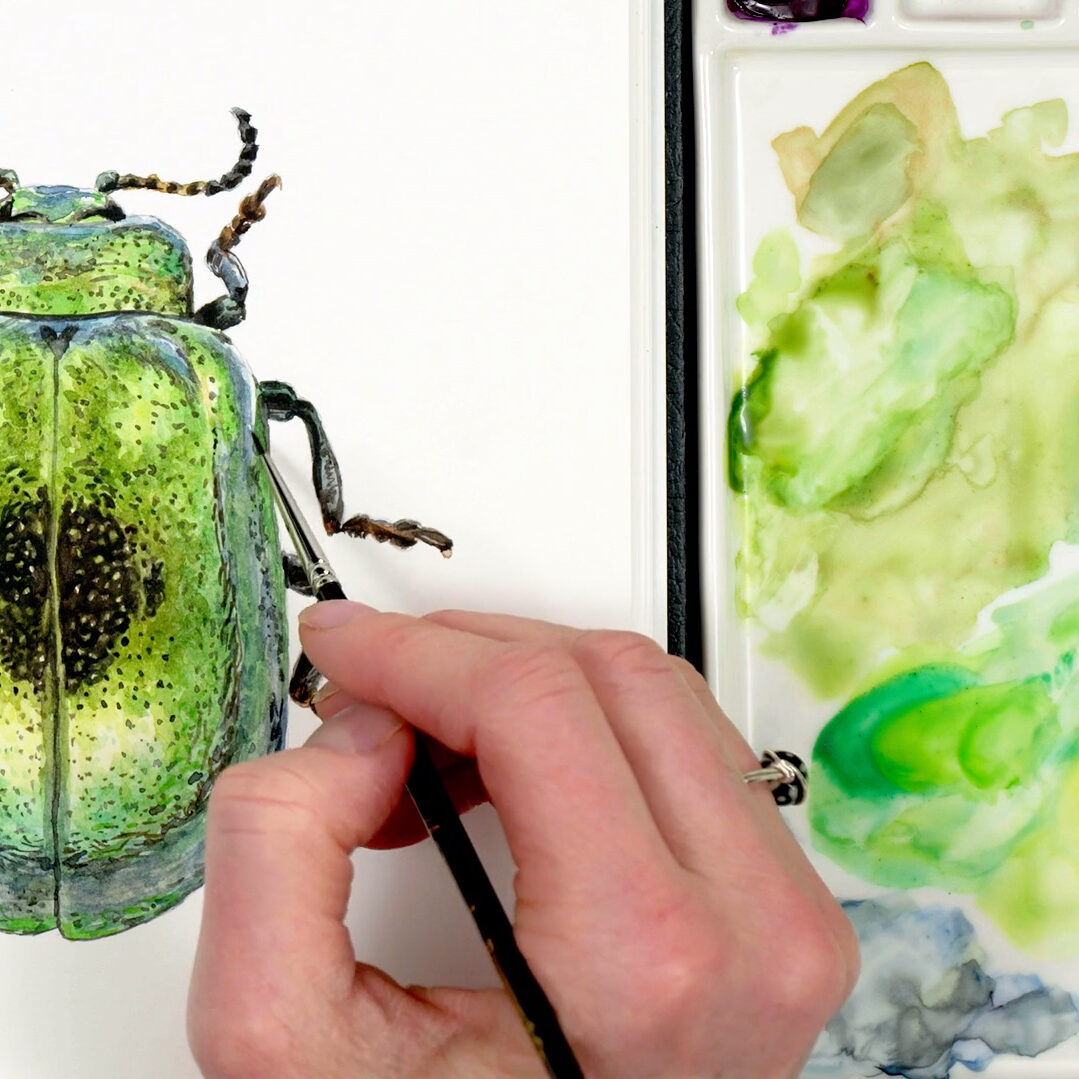
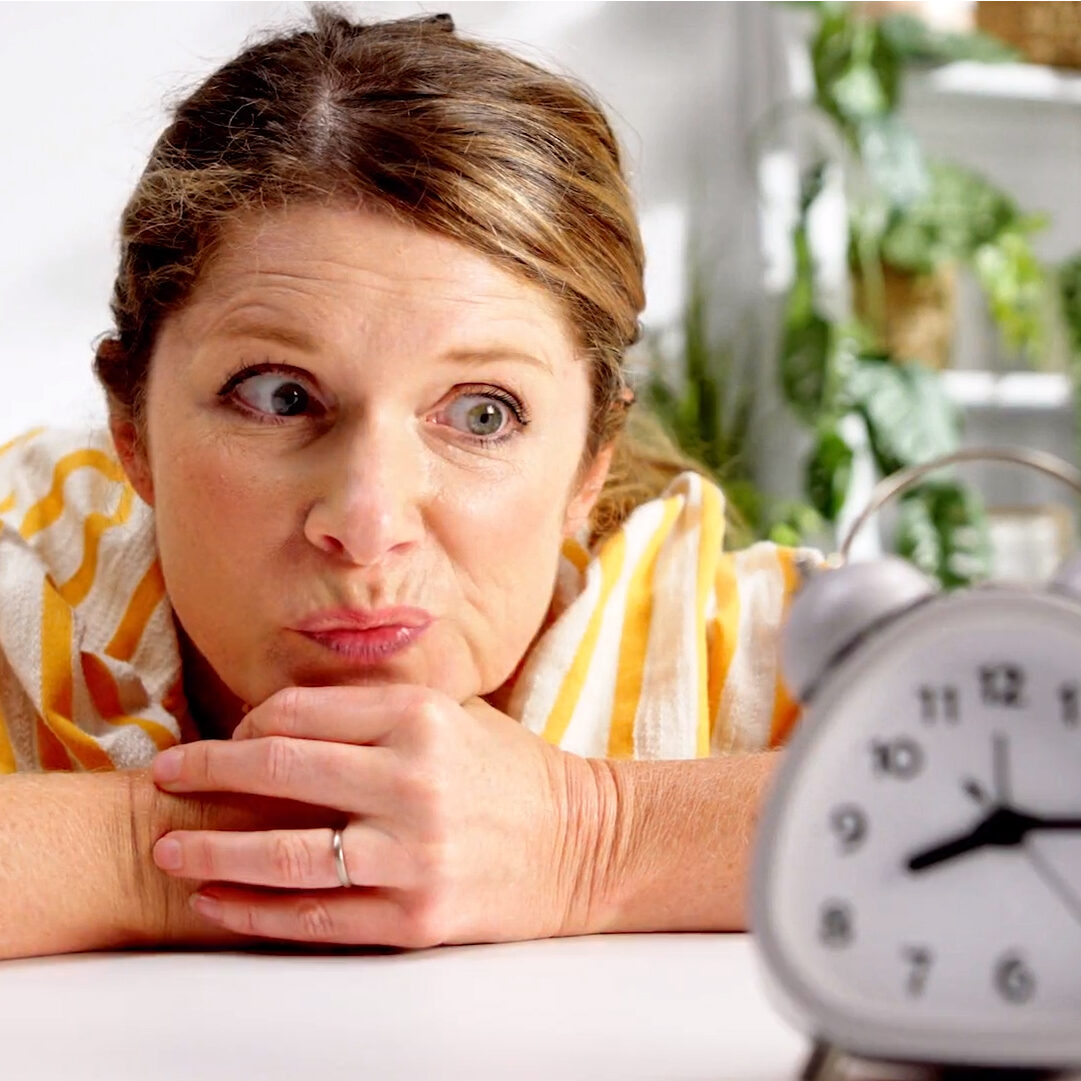
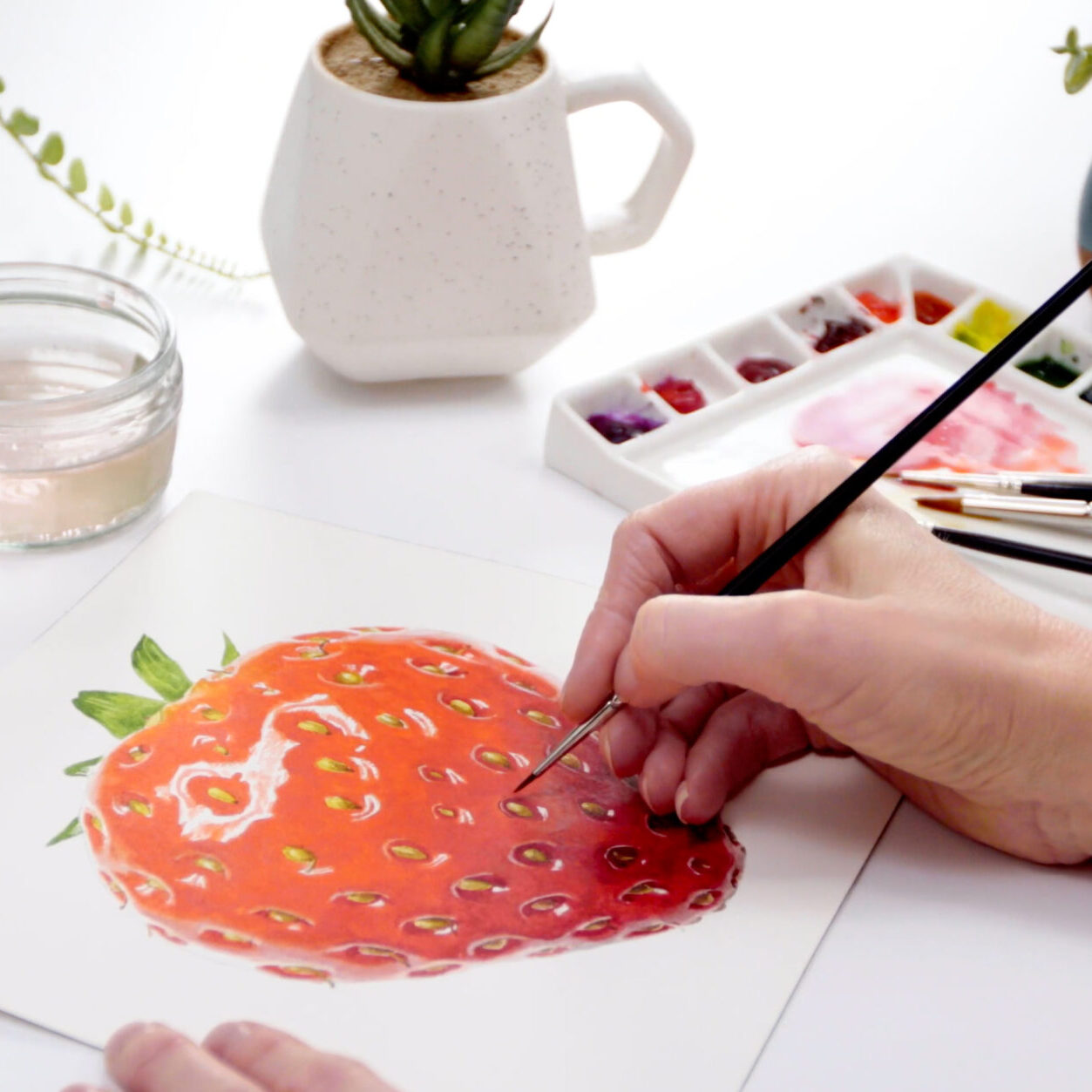
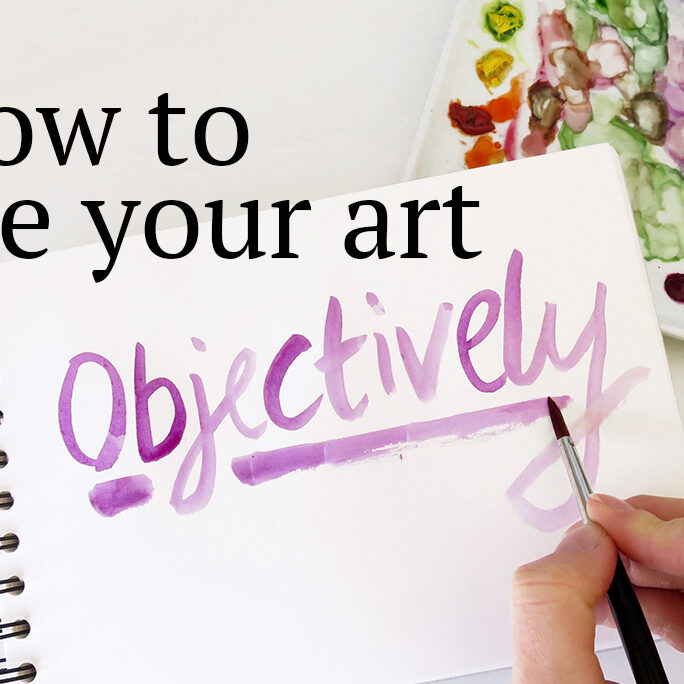
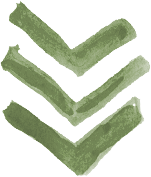
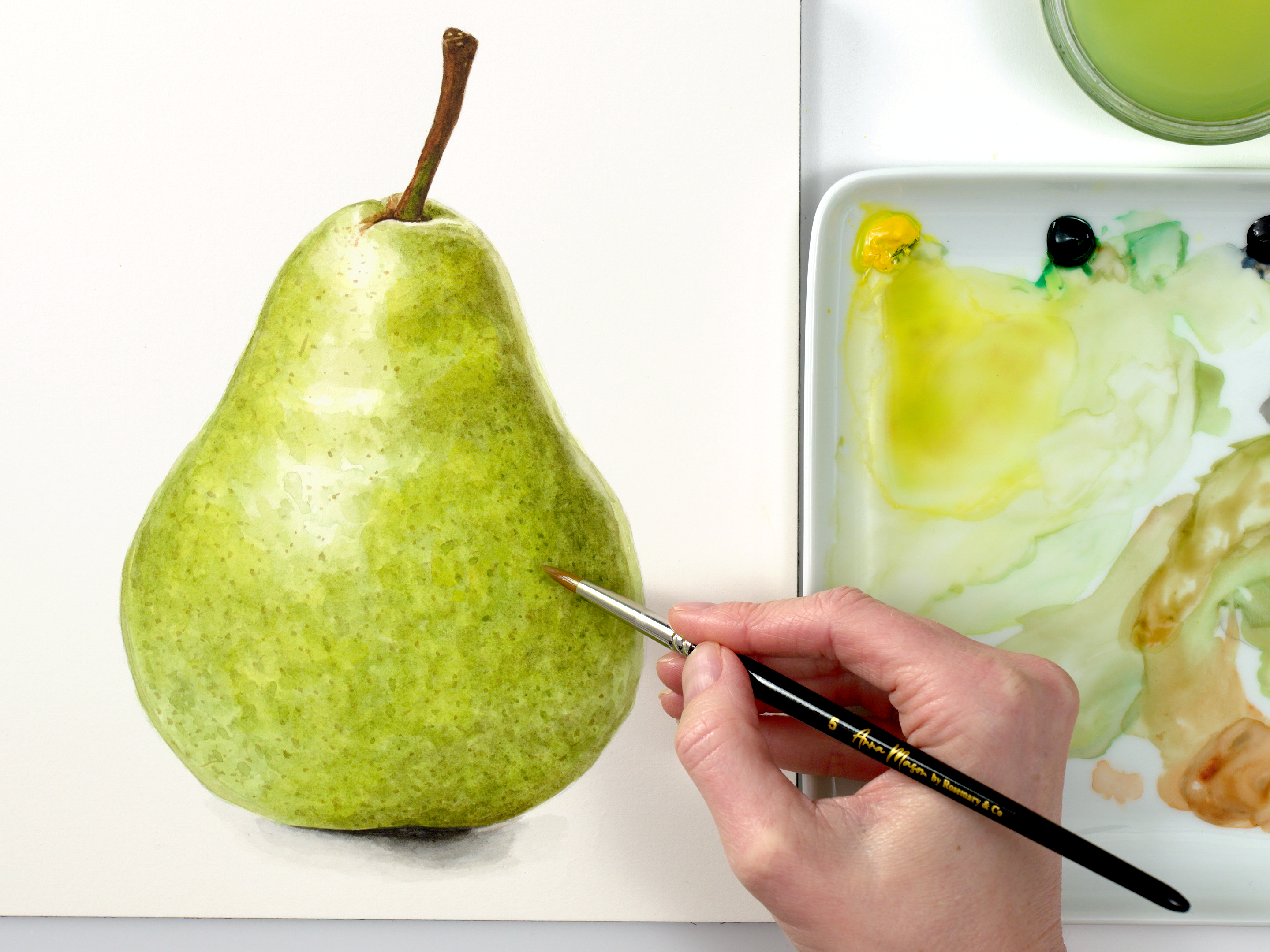

Yes, very helpful thank you
Thanks, will definitely keep the 5 rules in mind as I practise water colouring.
This was great information very simply stated.
Thank you for these tips. As a beginner, I can use all the help I can get!
Thank you, these tips are very useful , I’ll remember them because I do use the primary’s a lot .
Extremely useful tips for somewhere beginning her painting journey. Thank you
Great tips particularly liked your presentation.. to the point and clear thank you
very helpful tips. thank you.
Very helpful thank you
This was really helpful, thank you both x
Thank you! Easy to follow tips!
Brilliant info! So helpful. Thank you so much.
Like every post from Anna Mason this one bears the same hallmarks of simplicity, clarity and positivity. I would like add my muddy adventures as an amateur were in part to cheaper water paints but also to mixing unbeknowingly warm and cool versions of each primary. This is a step up from the basics however it has helped me. Thank you for all your generous free lessons- a joy for beginners .
This was a very useful video with clear instructions. Thank you so much!
really enjoyed the well presented information. beautiful.
Thank you for sharing.
NO MORE MUD!